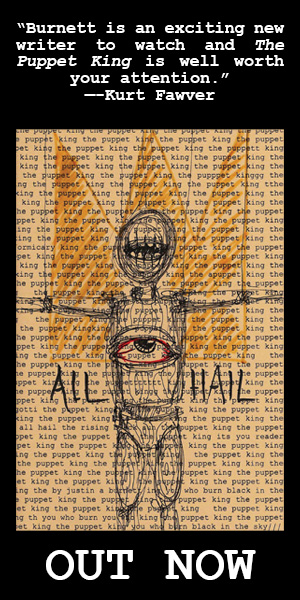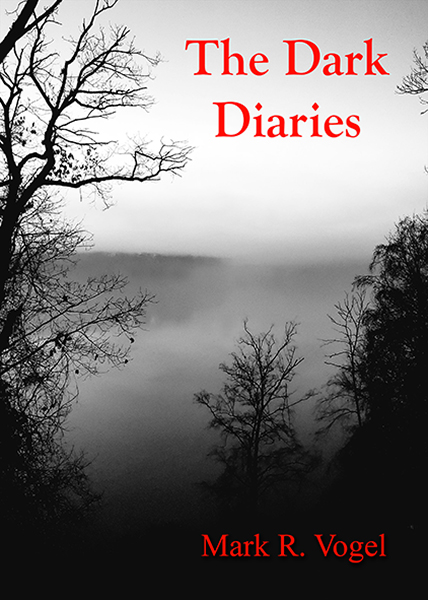
The Zombie Riff
How many approaches can one take to writing about zombies?
It’s a good question. Usually it begins with the arrival of the plague (let’s call it that for now) and proceeds to either a trip cross country in search of refuge or reunification with loved ones, or the struggle of survivors fending off a siege of the walking dead. Some people would point to the parodies or comedic approaches to the zombie sub-genre of survivor fiction as evidence of its limited potential and worse, that the genre itself has reached the end of a leash and is now being snapped back.
Films like “Fido†and “Zombielandâ€, or books like “Pride and Prejudice and Zombies†and “The Zombie Survival Guide†have been unexpectedly successful. They are for some a parody, for others a tribute to the genre. We appreciate them with a knowing wink, sure that the rest of the audience share our enthusiasm and our membership in the fan club. For others, these humorous spins are the nail in the coffin of the sub-genre, like “Abbot and Costello Meet Frankenstein†was the death of the great era of Universal Studio horror films beginning in the 1930’s.
Me? I completely disagree. I think survival horror, and zombie horror as one of its sub-genre, is like “the bluesâ€. Sure, most blues are centered on the twelve bar pattern, and easily recognizable, but it isn’t all the same and it isn’ta dead musical form. Blues fans listen for how the artist riffs off the structure. We want to see how the familiar is re-invented, how it is personalized.
The zombie riff works the same way. Fans of the genre want to work with the original premise, finding within new ways to frighten or personalize the genre without getting too far from the original intent of the form.
Perhaps the most telling element is the writer or film-maker’s attitude toward survival horror. With zombie novels selling, the temptation of an author is to try and exploit the theme without really appreciating it or why it’s so appealing to the fans. Zombies sell? Well, then let’s write a zombie novel. We’ve all read those books and in reading them, is there anything more frustrated than being a reader who feels as if he or she is being taken for granted?
When the smoke clears, the films and books which will remain are those whose creators understand the form, who love the twelve-bar structure, and remain true to the integrity of the genre. These are the folk who understand that what the fans ultimately desire is the satisfying feeling of dread that is ignited by a successful work of horror.
Zombies are scary. They are the familiar thrown back at us as the unknown. They are the personification of death and all that death represents. Zombies are the shadows we see as children made solid. They are the ultimate blasphemy. They are proof our parents’ reassurances are all lies and the thing under the bed or in the closet is real. They live in the “Lonesome Place” and are inevitable.
What’s not to love?





“Zombie Blues” needs to be a new musical genre.